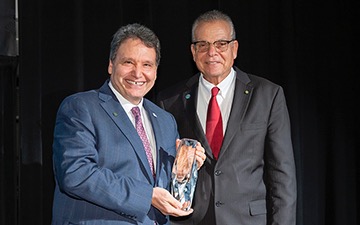The U.S. House of Representatives voted 415-15 on Wednesday to officially make Juneteenth (June 19) the 12th federal holiday commemorating the end of African-American slavery within the United States.
President Joe Biden signed the bill into law Thursday at 4 pm, seeing Juneteenth as the first federal holiday passed in decades since Martin Luther King Jr. Day in 1983.
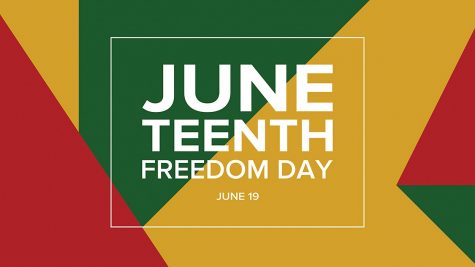
Here’s why the nation celebrates Juneteenth annually and what it represents.
The term Juneteenth is a mix of the words June and nineteenth. It’s also known as “Juneteenth National Independence Day,” “Jubilee Day,” “Liberation Day,” “Emancipation Day,” or “Freedom Day.”
According to the Juneteenth website, the date originates back to 1865, when Union soldiers led by Major General Gordon Granger arrived in Galveston, Texas. They brought word that the Civil War had ended and all slaves were free.
However, President Lincoln’s Emancipation Proclamation had yet to impact the Texans since they had a small number of Union troops to enforce after the war. As a result, approximately 250,000 people were enslaved in Texas until June 19, 1865.
With the surrender of General Lee of the Confederate Army in April of 1865, Granger and his men could overcome the remaining resistance. Thus, setting forth the executive “General Order Number 3” and freeing the last state of slavery.
“The people of Texas are informed that in accordance with a Proclamation from the Executive of the United States, all slaves are free,” said General Granger.
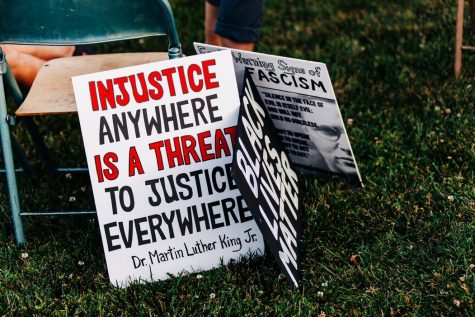
The first Juneteenth celebrations consisted of prayer services and elders speaking about past experiences. In addition, the celebration of Independence hosted a range of activities we traditionally still associate with today, such as fishing, baseball, and barbecue.
Everyone in attendance prepared unique dishes during the celebrations. There was an abundance of meats like beef, lamb, and pork that weren’t available every day.
Juneteenth continued to be highly regarded in Texas decades later. The holiday saw descendants and former slaves making annual pilgrimages back to Galveston.
In the early 1900s, cultural and economic issues influenced the decline in Juneteenth participation. Employers in urban environments during the Great Depression didn’t grant work leaves to attend the holiday. During WWII, a rise in patriotism led to more attention on the already established Independence holiday on July 4.
Classroom textbooks marked the January 1, 1863 date of Lincoln’s Emancipation Proclamation as the end of slavery, although countless still found themselves enslaved two years afterward. There was little to no mention of the impactful arrival of General Granger on June 19, 1865.
In the 50s and 60s, the Civil Rights movement gained momentum, and African American youth had focused on racial equality. But many connected the racial injustice to the hardships faced by their ancestors.
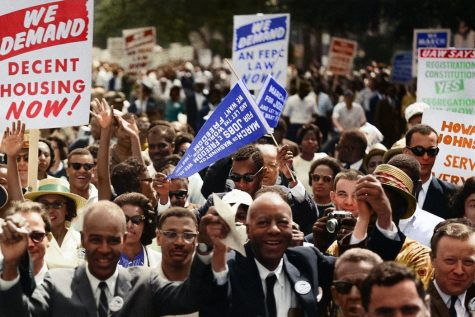
During the Atlanta civil rights campaign in the 1960s, student participants wore Juneteenth buttons. Another example was after the Poor People’s March to Washington D.C. in 1968. The attendees went home after the march and began celebrations in absent areas, which showed a resurgence of participation for Juneteenth.
On January 1, 1980, Juneteenth became the first emancipation celebration recognized officially by the state of Texas. Al Edwards, an African American state legislator responsible for this happening, continuously appealed to extend the observance of Juneteenth for the rest of the country.
Since then, only two states don’t celebrate or observe: North Dakota and South Dakota. The recent news of it becoming an official federal holiday proves that there’s positive growth in understanding and recognizing the importance of Juneteenth in our country as a whole.
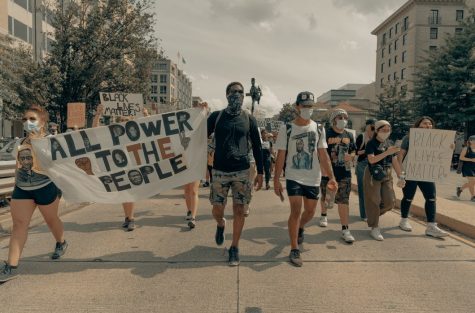
There are many ways to participate in Juneteenth this year, both inside and outside the campus. UNF is hosting a webinar event on Zoom, Friday, June 18, from 12-1 pm. The African American Faculty and Staff Association call it “Celebration of the Generations.”
The AAFSA commemorates Juneteenth by highlighting African American history, accomplishments, poems, and spoken word. The event also features guest speakers ranging from UNF Student Alliance for Inclusion and Diversity student ambassador Shekinah Mitchell to author and civil rights activist Rodney Hurst.
To register for the virtual event on Zoom, click here.
For more information about Juneteenth and the AAFSA, visit the official website.
____
For more information or news tips, or if you see an error in this story or have any compliments or concerns, contact editor@unfspinnaker.com.














